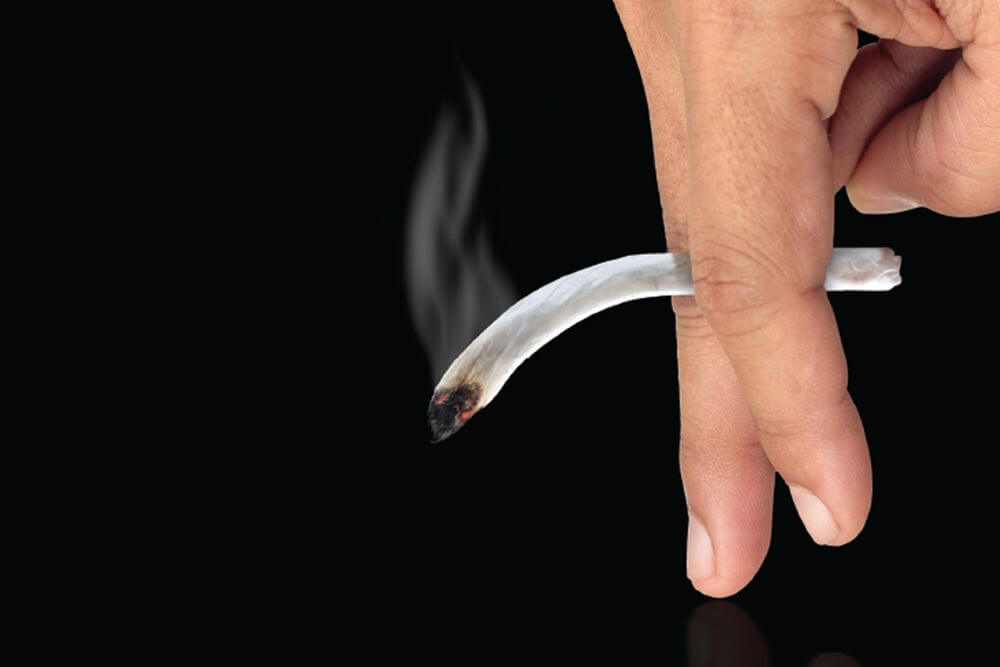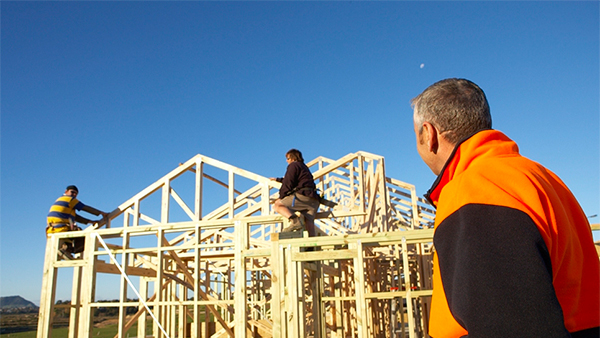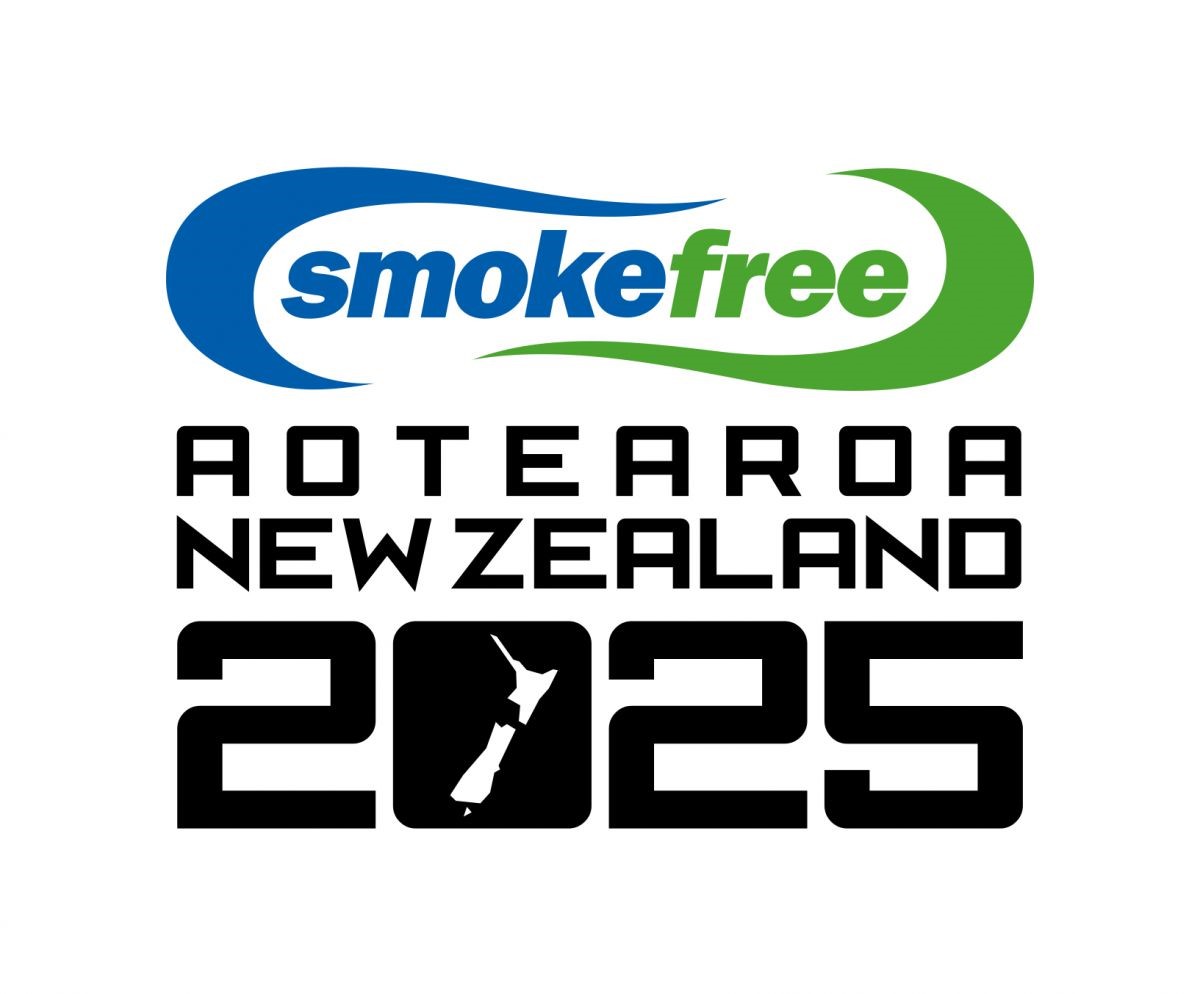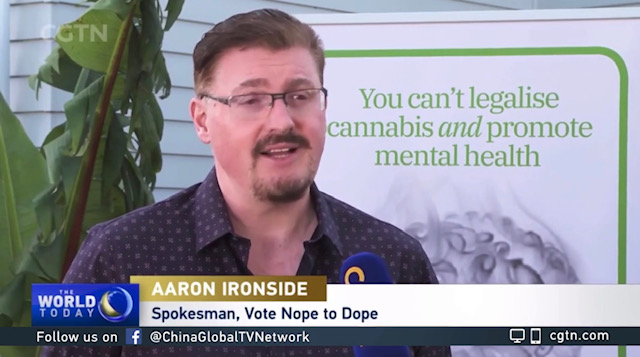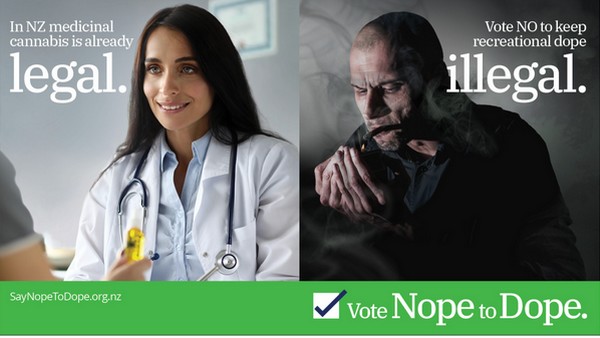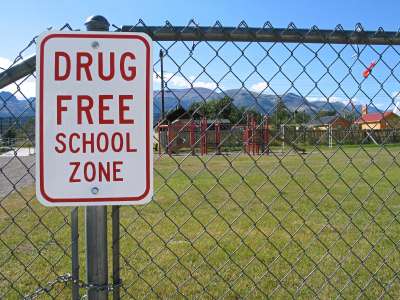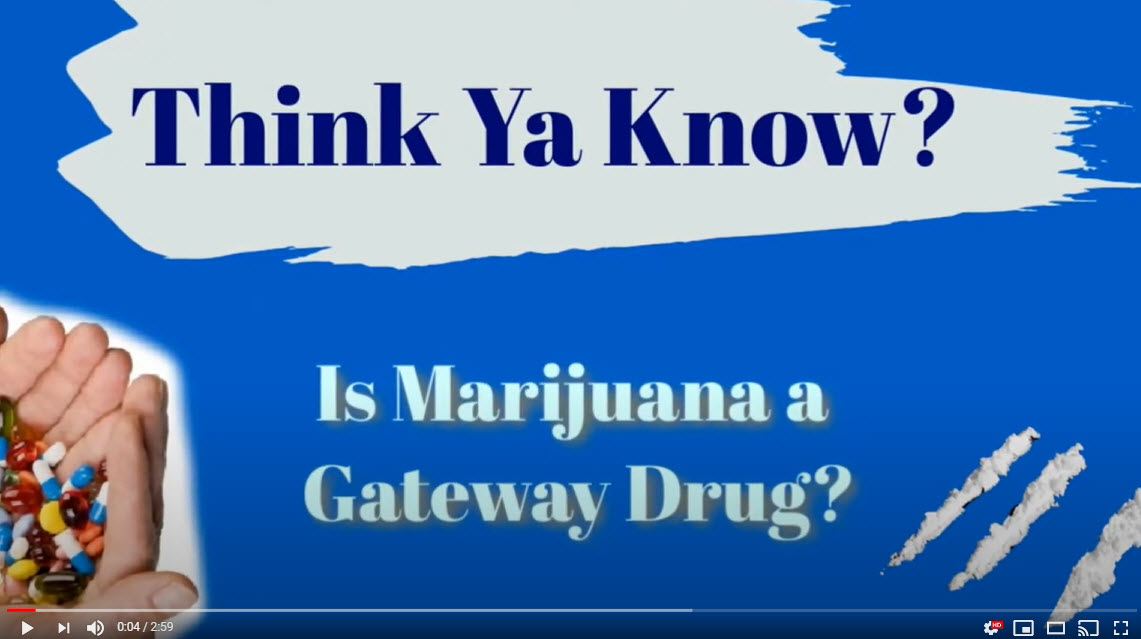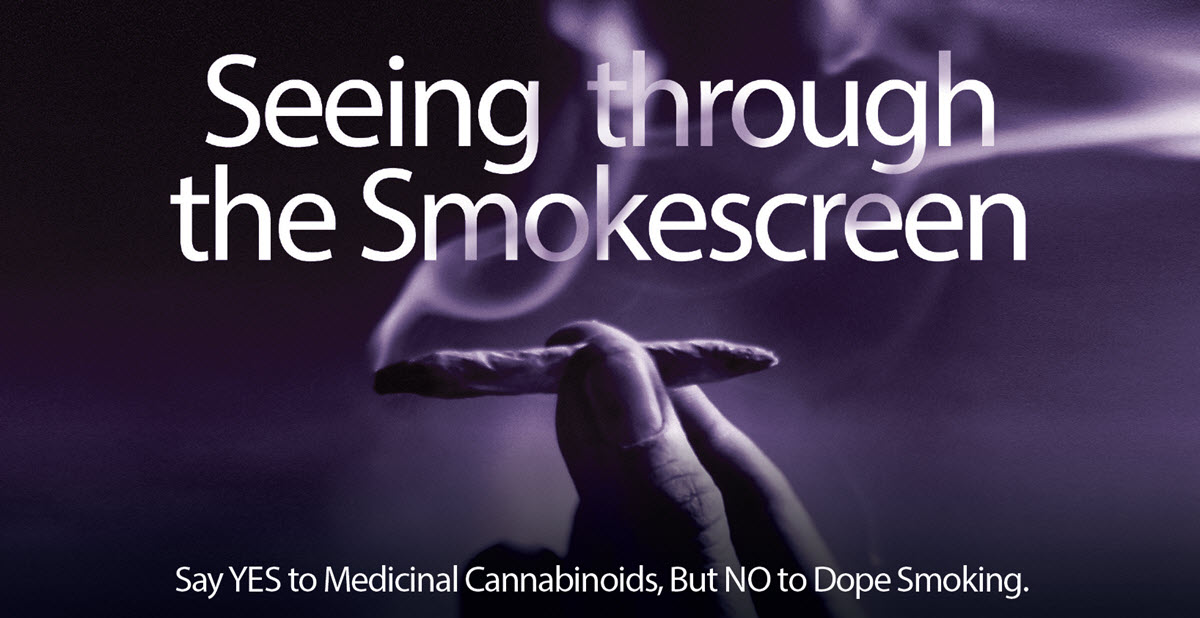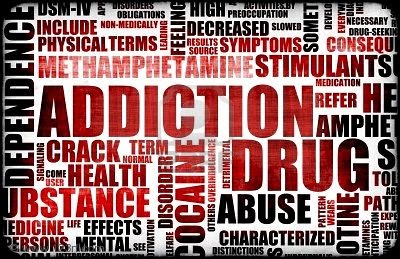
Media Release 1 September 2020
The SayNopeToDope campaign is calling on the Minister of Justice Andrew Little to release economic reports relating to proposed cannabis legalisation so that voters can make a fully informed decision at the upcoming referendum.
According to the NBR, economic reports on the proposed cannabis legalisation are being withheld by the Ministry of Justice until after the October referendum, with the Ministry of Justice refusing an Official Information Act request on the issue.
“This is significant, because a lot of claims have been made that the legalisation of cannabis could earn up to ½ billion dollars for the taxpayer. This sounds very attractive, but international evidence shows that it is a flawed pipe dream. Cannabis advocates and the marijuana industry are quick to overestimate large amounts of revenue from cannabis sales, but it rarely fully recognises the societal costs of legalisation,” says spokesperson Aaron Ironside.
“Other societal costs not referred to by drug supporters include: greater other drug use, greater marijuana use among underage students, property and other economic damage, controlling an expanded black market, sales to minors, public intoxication, and other burdens. No policy is without its costs. Legalisation also results in administrative and enforcement costs, similar to alcohol regulation.”
“Andrew Little should be releasing any and all information related to this referendum as part of being an open and transparent government. The fiscal reality of changes to our drug laws are just as important as the likely health and societal harms,” says Mr Ironside.
Alcohol and tobacco have already warned us that tax revenue from marijuana sales will fall well short of the costs. Trends have already surfaced in Colorado & Washington state, suggesting that, like tobacco and alcohol, costs outweigh revenues. Over half the pot money promised for drug prevention, education & treatment in Washington State never materialised. Bureaucracy consumes a significant portion of Colorado marijuana tax revenue.
California’s projected marijuana tax revenue by July 2019 is nearly half of what was originally expected when the state began retail sales in 2018, since most consumers continue to purchase marijuana from the black market in order to avoid high taxes. Statistics Canada, a state agency, reports that just 29% of cannabis users buy all of their product from a legal source.
ENDS

